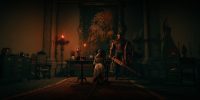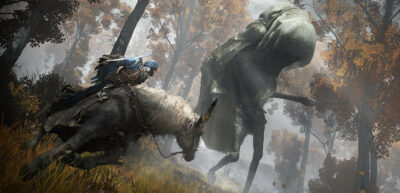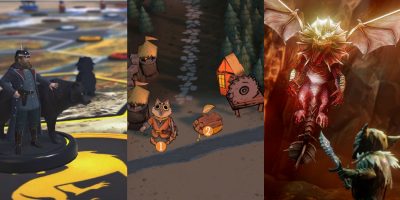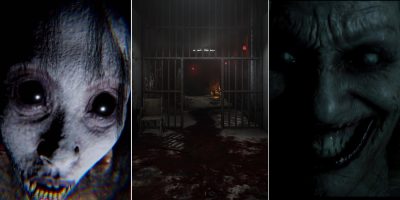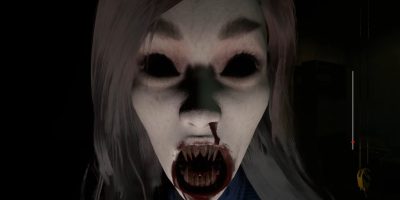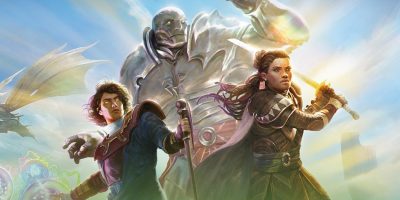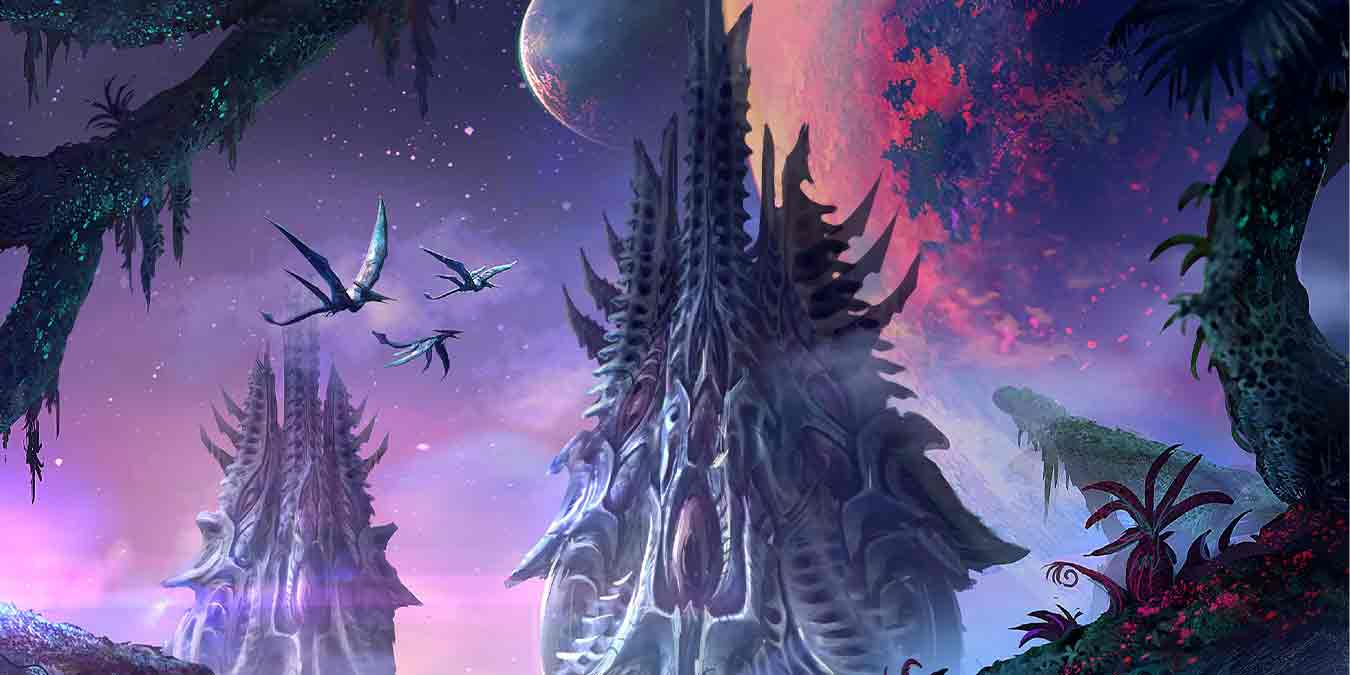
When considering Tabletop Games, there is no debate that Dungeons and Dragons has dominated the medium for decades. You could be playing the expansive and complex world of edition 3.5 or the accessible, stream-lined (and currently most popular) 5th edition, or any of the editions before and between, each with their own feel and gameplay experience. However, with all this variety within D&D, you may find yourself asking, “Are there other genres of Tabletop RPG available to me?”
Here are some of the best Dungeons and Dragons (DnD) tabletop alternatives you can check out now.
If you’re new to tabletop gaming, check out this article first.
1. Call of Cthulhu
This Mystery/Horror Tabletop RPG, if you couldn’t already discern, is based on the stories of H.P. Loveceraft. In Call of Cthulhu, players are Investigators and the game is run by “The Keeper” (each of these games have a different name for what is essentially the “Dungeon Master” role of D&D.)
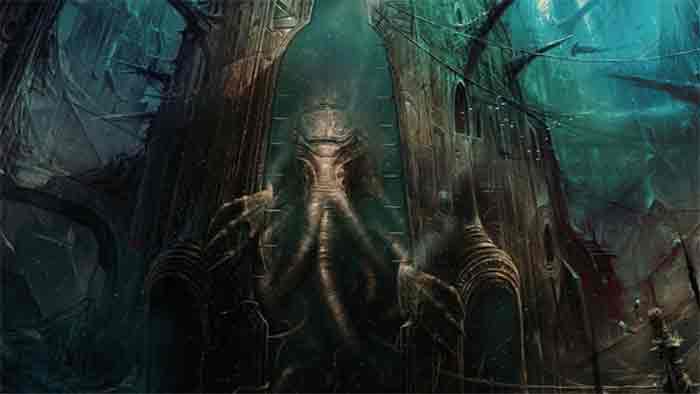
Investigators don’t necessarily have to be detectives, they just have to be human mortals. You could play as a doctor, a chef, or one of the Stranger Things kids. Together you and your party are investigating a supernatural or eldritch being and must banish/contain/survive it. Combat is something to be avoided as your characters will remain (HP wise) comparable to a level 1 D&D character, while the monsters will certainly be stronger. This power dynamic leads to increased moments of tension as well as the tendency for most Call of Cthulhu games to be one shots.
2. World of Darkness
World of Darkness is actually the blanket title for multiple urban fantasy tabletop games that take place within the same universe, the main ones being Vampire: The Masquerade, Werewolf: the Apocalypse, Mage: the Ascension, and Hunter: The Reckoning. Pick your game and play as the aforementioned Vampire, Werewolf, Warlock, or Monster Hunter of your dreams.
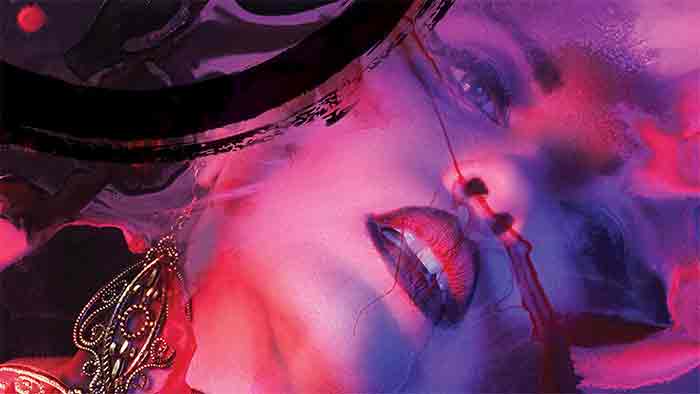
Despite what you might expect from a game about monsters, World of Darkness is less about combat and more about roleplaying and character building. The “Storyteller” weaves a “Chronicle” which is made up of various “scenes” that the players must play through, their characters can only level up by completing scenes in a way that advances the character’s goals. Any character playing passively will soon find themselves at a disadvantage when and if a confrontation does occur, either with another monster, or with the beast within themself.
3. Mutants and Masterminds
If you’re looking for something more in the zeitgeist of today’s Superhero genre, look no further than Mutants & Masterminds. The game takes the core of its rules from old school D&D and simplifies your stats into one universal “Power Level” which allots you points you can spend on stats like defense, toughness, superpowers and equipment. This leaves character creation very open to any type of hero you’d like to make. Want a billionaire with a titanium-alloy super suit and telekinesis? You got it. How about a thousand year old vampire with the Venom symbiote? Do It!
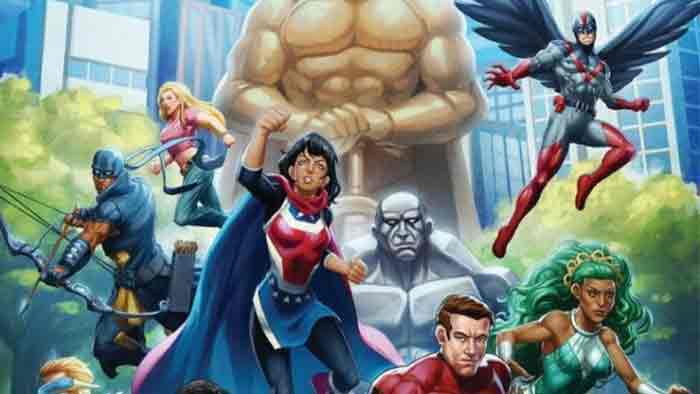
Start at Power Level 10 as an already established Superhero or start at one and make your hero origin story part of the campaign, the rules are both all encompassing and endlessly accommodating to whatever kind of superhero story you’d like to tell.
4. Cyberpunk Red
Maybe instead of playing in a medieval fantasy world, you’d like to roleplay in a futuristic capitalist dystopia, check out Cyberpunk Red. There you can have like, metal bones or scythe blades that pop out of your forearms.
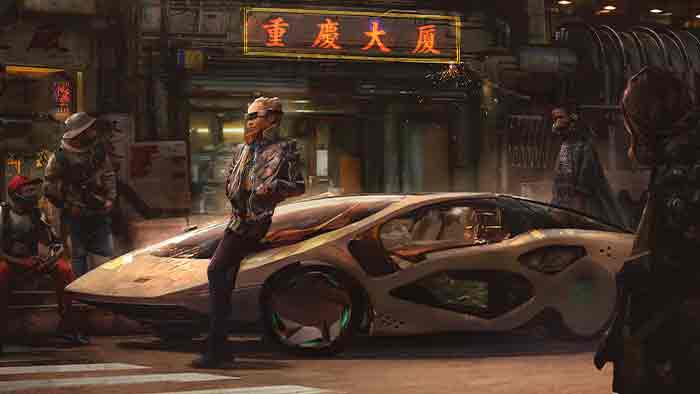
Cyberpunk Red is a Bladerunner-esque TTRPG in which you can play as a Solo, Nomad, Rocker boy/girl, or any other type of non-traditional working class professional to complete gigs (essentially side quests) for money to pay your bills while the Game Master weaves an overarching story for your characters to really delve into.
5. Dread
Dread is a tabletop game that allows players to play through their favorite horror movies and premises, with one huge difference that no other game on this list has – it does not utilize dice. Instead, if a character wants to attempt to do something that would be considered beyond their capabilities, they have to pull a block out of a tower similar to Jenga.
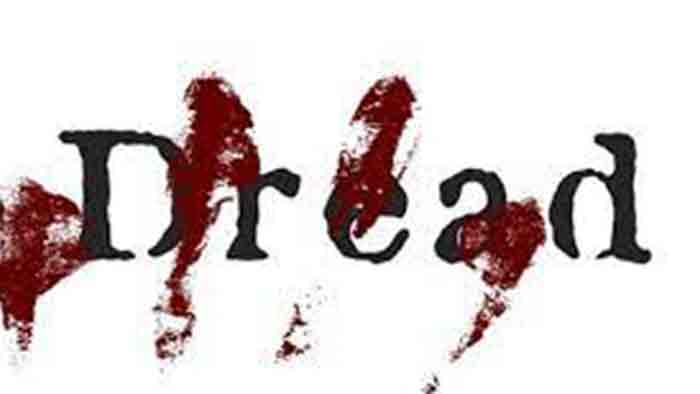
What happens when the tower falls? The character who made the unfortunate error is removed from the game entirely, be it through death, imprisonment, insanity, and a similar fate. These mechanics allow the Host to make whatever one shot horror premise they can think of. Saw, Nightmare on Elm Street, Midsommar and Alien are just a few of the stories Dread allows you to create, otherwise you can weave a combination of your very own.
Honorable Mention: There is an entire TTRPG dedicated to Ridley Scott’s Alien franchise and it can be purchased here.
6. Stars Without Number
And finally, we have old-school, Golden Age Science Fiction. Stars Without Number takes place in the year 3200, six hundred years after the fall of mankind. The game encourages sandbox exploration seeing as it is literally an entire universe to explore. Play as a human, a robot, an alien, or any combination of those three. You can even give your character psychic powers if you so desire.
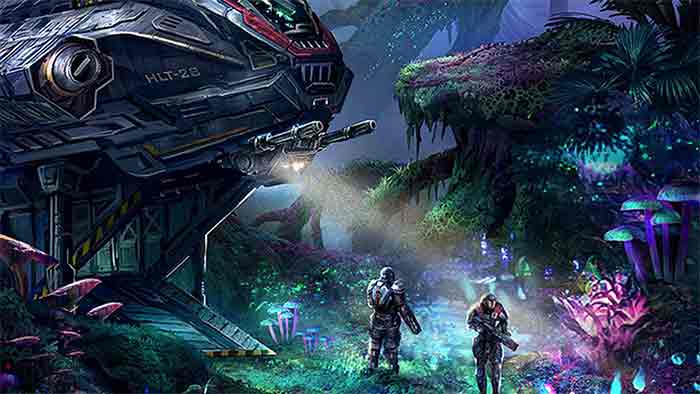
Playing in the world of a post mankind space faring society doesn’t have to be bleak. Rather, it opens up the gamemaster to create any kind of space-faring utopia (or dystopia) they like. Play as interstellar mercenaries or galactic cartographers, it’s Star Wars or Star Trek and everything in between. Much like the title suggests, the possibilities are uncalculatable.
For more Tabletop games you can play, check out these Tabletop board games.



